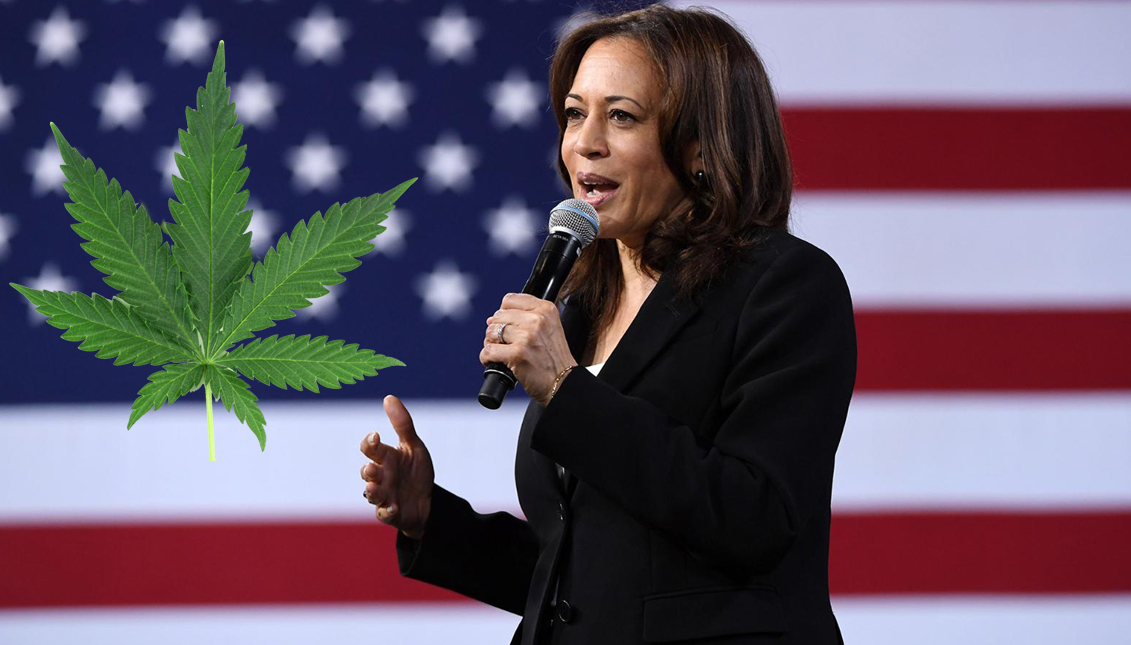
Is marijuana legalization the new gentrification?
While legalization would erase the criminal records of predominantly Black and Latinx offenders, a legal market would be dominated by white business owners.
A bill that would decriminalize marijuana use at the federal level us up for a vote in September. If passed, it will be the biggest federal cannabis reform passed in over 80 years — but it comes with its shortfalls.
Democratic Vice Presidential nominee, Sen. Kamala Harris is the lead Senate sponsor of the Marijuana Opportunity, Reinvestment, and Expungement (MORE) Act.
It would remove cannabis from the controlled substances list, erase criminal records of those with marijuana charges, and reinvest grants for those impacted by the War on Drugs — largely Black and Latinx individuals.
Majority Leader Mitch McConnell has previously noted he does not plan to endorse the legislation.
But even if it doesn’t pass, it is a step towards getting rid of the stigma that surrounds cannabis, and advocating for the millions of largely Black and Latinx offenders that have been criminalized.
The bill would erase the criminal records of those with marijuana charges, which have led to the incarceration of over 8 million people between 2001 and 2010, again, predominantly Black and Latinx.
Eleven states and the District of Columbia have already legalized cannabis for adult recreational use, and 33 states and the District of Columbia have legalized medical cannabis. They are leading the way for what needs to be done at the federal level.
States with initiatives to legalize marijuana on the November ballot include Arizona and New Jersey. But in states like California, there are still inmates incarcerated for possession convictions, even though it was legalized in 2016..
However there is more to consider.
RELATED CONTENT
Should the bill become law in the future, gentrification will also be in play.
The cannabis industry is racist, plain and simple. Nationwide, 81% of cannabis business owners are white. By far they are dominating the legal industry, and it was accomplished via legalization.
Legalization, and an incredibly expensive licensing process ridden with many processing and legal fees. Black and Latinx entrepreneurs and business owners increasingly find the only way to enter the industry is by partnering with white-owned businesses.
The Black community created a highly valuable industry, which was quickly criminalized by white legislators. Later they changed the rules, legalized it, and now they’ve dominated the industry.
Essentially, white-owned businesses are reaping the benefits of an industry built on the backs of Black and Latinx individuals who are now serving their time.
Although the Senate is projected to kill the MORE ACT, it raises the topic of what this new form of gentrification has to offer.
The outcome of next month’s vote could be monumental, not for the legalization of cannabis, but for the decriminalization efforts on the bill.
The War on Drugs has been devastating Black and Latinx communities for years, and to get MORE Act passed would provide some semblance of retribution.










LEAVE A COMMENT: